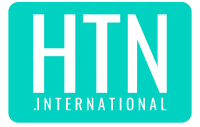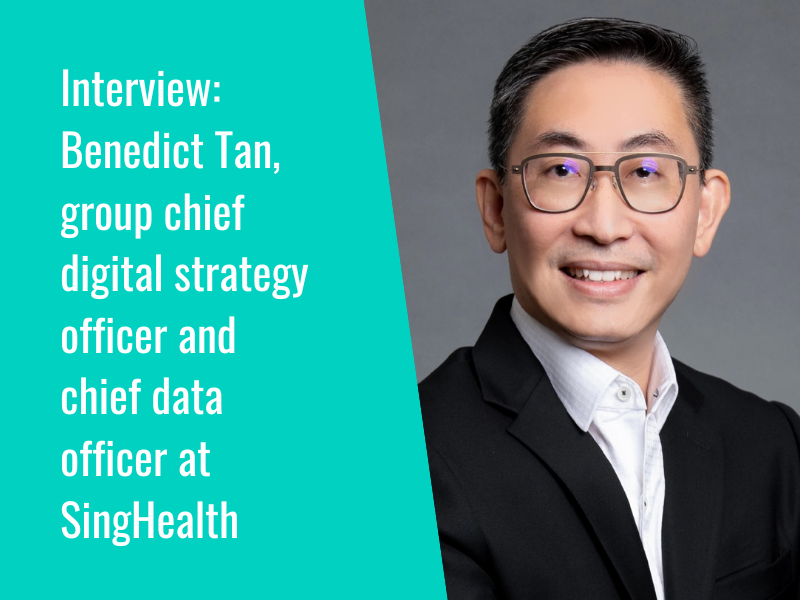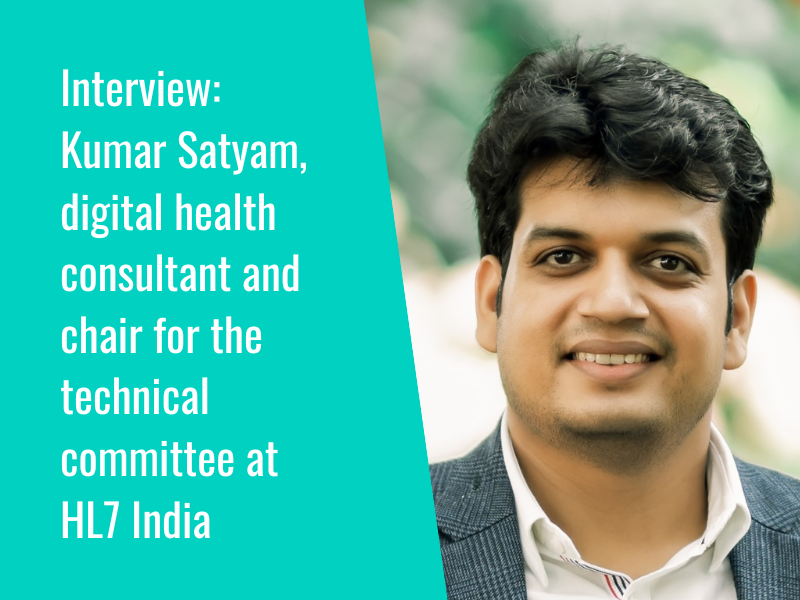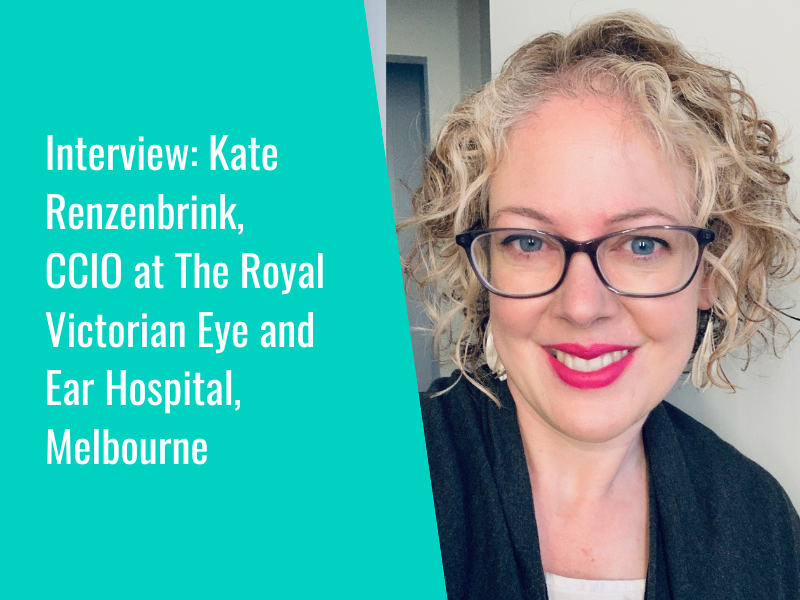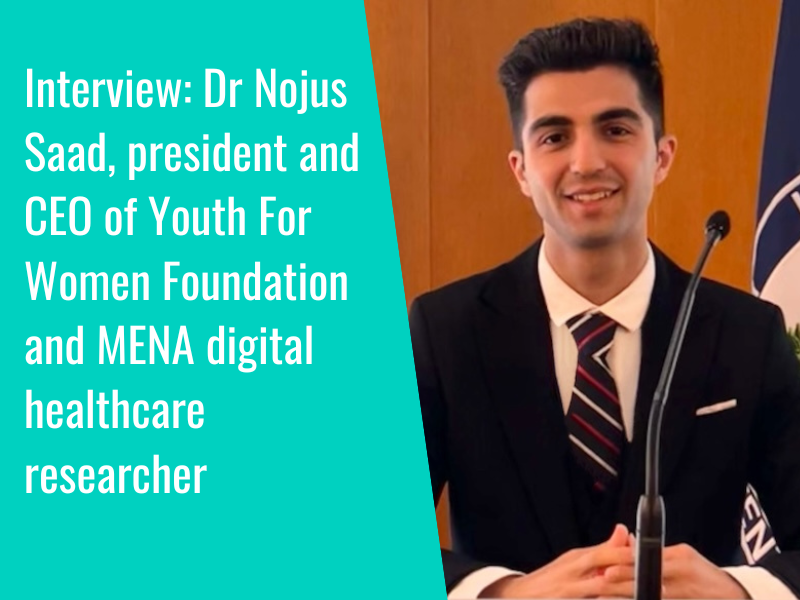In a press conference held yesterday, 23 May, the World Health Organization (WHO) discussed the upcoming launch of its World Health Statistics report for 2024, reviewing progress toward the Sustainable Development Goals (SDGs) and WHO’s Thirteenth General Programme of Work (GPW13). In doing so, WHO called for countries and partners to “prioritise investment in improving data and health information systems”.
Speakers included Dr Samira Asma, assistant director-general of the WHO data, analytics and delivery for impact division; Dr Haidong Wang, unit head of monitoring, forecasting and inequalities within WHO data, analytics and delivery for Dr Samira Asma; and Dr Bochen Cao, statistician with the WHO data, analytics and delivery for impact division.
Introducing the report, Dr Asma said: “This is the world’s report card on health; and the bottom line is that we are failing. Despite encouraging progress in some countries and for some conditions, life expectancy has fallen, and shockingly the world is not on track to achieve even a single one of 32 health-related sustainable development goals.”
The year’s report is “particularly important”, Dr Asma continued, since it reveals the impact of COVID-19, and shows that “over a period of just two years, that is 2020 and 2021, global life expectancy dropped by two years”, which she said wiped out “a decade of progress made in improving population health”.
Data, analytics, and delivery are “pivotal to help the world get back on track”, Dr Asma told members of the international press, since “timely reporting and accurate estimation of data are key in monitoring progress, and critical to deliver measurable impact in countries”.
Overall, the report shares that there has been “mixed progress” on health-related areas of the SDGs, with “most of the indicators (42 out of 53)” showing progress in the right direction globally, and the remaining indicators either “moving in the wrong direction or cannot be assessed due to limited data”.
Encouraging intensified efforts toward achieving the health-related SDGs by 2030, the report notes the importance of “timely and accurate” monitoring of progress, based on robust data, identifying that “most indicators suffered from a data shortage at various degrees across countries”, and that “a lot could be done to enhance the data input for the Triple Billion computation” (referring to the three overarching targets around healthier populations, universal health coverage and health emergencies protection).
Lack of data, the report continues, is not limited to the data required for the Triple Billion, but is instead “deeply entrenched in poorly performing health information systems”. The WHO reaffirms its commitment to working with member states to strengthen their system capacity to collect, analyse and use health data, and the organisation has provided tools including the WHO SCORE for health data technical package to help assess the performance of national health information systems, identify any data gaps, and to provide a “toolbox to improve various areas of a functioning health information system”.
Three specific areas highlighted by the report as demonstrating a “lack of quality data” include the health challenges faced by those with disabilities; the health of refugees and migrants; and data relating to cause of death, which “further obstructs understanding” of needs and progress tracking on health-related goals.
On health inequalities, Dr Asma again stressed the importance of data that is timely, reliable and actionable. During the COVID-19 pandemic, she noted the “challenge in documenting the true death toll”, elaborating: “We know that nine out of ten deaths in Africa are not registered, so when we have this limitation of data inaccessibility, we will not be able to truly quantify accurately, nor address and apply resources where they are needed most.”
Another call in the report is for “countries and partners to prioritise investment in improving data and health information systems”, Dr Asma continued, “not only having data is going to be sufficient; it’s about using it in the right manner, in the right place, at the right time.”
In closing remarks, Dr Asma said: “We cannot continue to fly blind. We need better data, better analytics, and better use of data. Data truly tells us where we stand, and what stand we need to take…investments need to be sustained for population health.”
To read the World Health Organization’s World Health Statistics report for 2024 in full, please click here.
Citation: World health statistics 2024: monitoring health for the SDGs, Sustainable Development Goals. Geneva: World Health Organization; 2024. Licence: CC BY-NC-SA 3.0 IGO.
In related news, Papua New Guinea has reportedly become the first country to adopt the regional WHO Data Management Competency Framework, which aims to “equip the health workforce with essential skills for data management, analysis, and quality assessments”.
- 1
- 2
